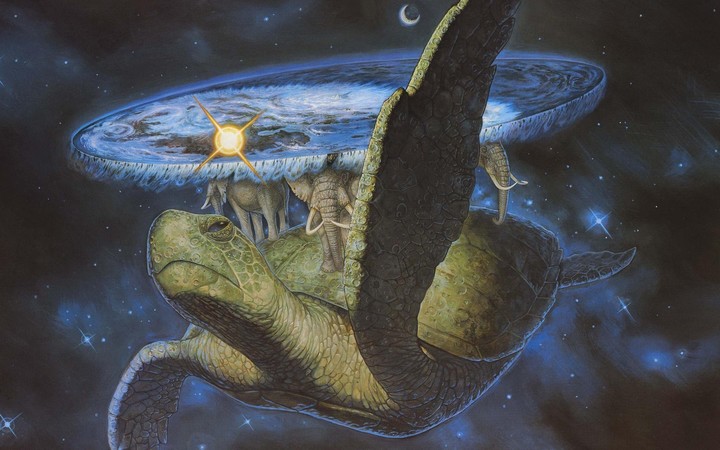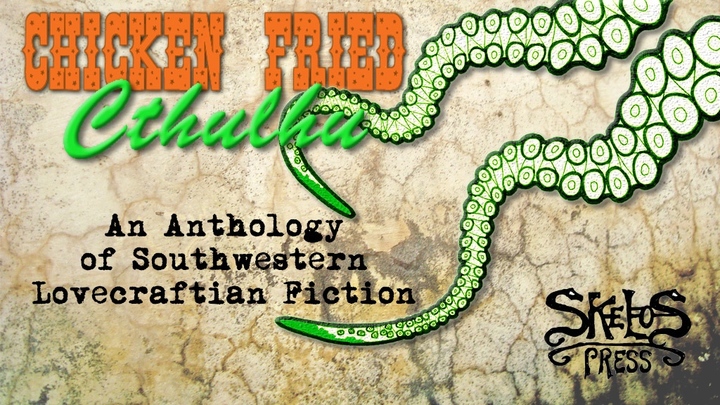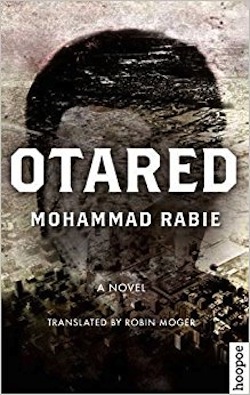 One pleasant stop on my recent trip to Cairo was the American University’s bookshop near Tahrir Square. It’s a treasure trove of books on Egyptology and Egyptian fiction in translation. Among the titles I picked up was the dystopian novel Otared by Mohammad Rabie.
One pleasant stop on my recent trip to Cairo was the American University’s bookshop near Tahrir Square. It’s a treasure trove of books on Egyptology and Egyptian fiction in translation. Among the titles I picked up was the dystopian novel Otared by Mohammad Rabie.
This novel, originally published in Arabic in 2014 and published in English in 2016 by Hoopoe, the fiction imprint of the American University of Cairo, is a grim dystopian tale of Cairo in 2025.
After several botched revolutions in which the people repeatedly fail to effect real social and political change, Egypt is invaded by a foreign power. The army crumples, most of the police collude with the occupiers, and the general public doesn’t seem to care. A small rebel group decides to take back their nation, and one of its agents is former police officer turned sniper, Otared. The rebels basically become terrorists, deciding the only way to get the people to rise up is to make life under the occupation intolerable, which means killing as many innocent civilians as possible.
The world Rabie paints reminds me very much of the insane landscape in Paul Auster’s In the Country of Last Things, with its violence, its cruelty, and its bizarre customs (in Otared almost everyone wears a mask) that begin to make sense once you learn more about the world. Throw in a nightmarish disease that affects only children, plus a national death wish, and you have a grim but compelling read. No science fiction novel has gut punched me this hard for a long, long time.
Mohammad Rabie is an emerging force in Egyptian letters. Born in 1978, he graduated from the Faculty of Engineering in 2002. His first novel, Amber Planet, was released in 2010 and won first prize in the Emerging Writers category of the Sawiris Cultural Award Competition in 2011. His second novel, Year of the Dragon, came out in 2012. Otared was shortlisted for the International Prize for Arabic Fiction in 2016 (popularly referred to as the Arabic Booker). Curious to learn more, I sat down with Rabie (OK, I shot him an email) to speak with him about his writing.
…
Read More Read More

 One pleasant stop on my recent trip to Cairo was the American University’s bookshop near Tahrir Square. It’s a treasure trove of books on Egyptology and Egyptian fiction in translation. Among the titles I picked up was the dystopian novel
One pleasant stop on my recent trip to Cairo was the American University’s bookshop near Tahrir Square. It’s a treasure trove of books on Egyptology and Egyptian fiction in translation. Among the titles I picked up was the dystopian novel 
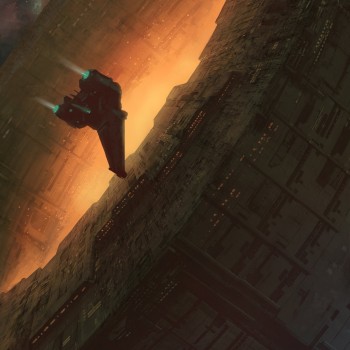
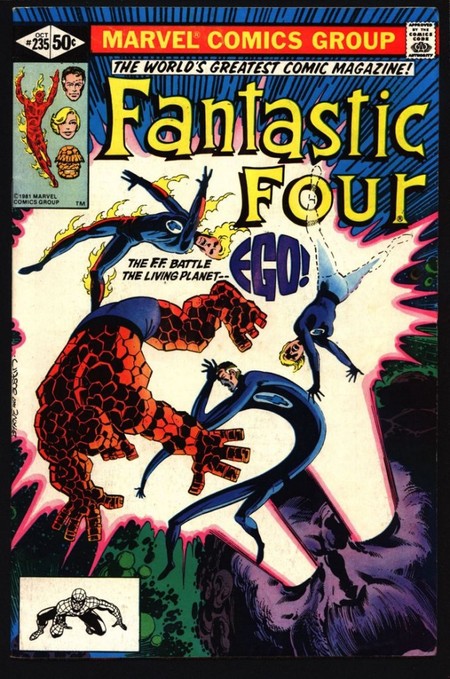
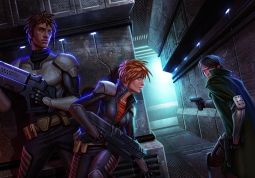

 People can have all kinds of reasons to use another name, or to change their names permanently, for that matter. There are personal or family reasons, like marriage or adoption. There are political or social reasons, like marking a religious conversion, or immigration – though that last’s not as common now as it was in the early to mid-20th century. My own father, for example, changed his name to Malan because British authorities – to whom he had to report regularly as a displaced person after WWII – suggested that he try to sound less Polish since he was planning to stay in England. He chose a name much in the news at that time, and that’s why my brother and I are often asked if we’re South African.
People can have all kinds of reasons to use another name, or to change their names permanently, for that matter. There are personal or family reasons, like marriage or adoption. There are political or social reasons, like marking a religious conversion, or immigration – though that last’s not as common now as it was in the early to mid-20th century. My own father, for example, changed his name to Malan because British authorities – to whom he had to report regularly as a displaced person after WWII – suggested that he try to sound less Polish since he was planning to stay in England. He chose a name much in the news at that time, and that’s why my brother and I are often asked if we’re South African.